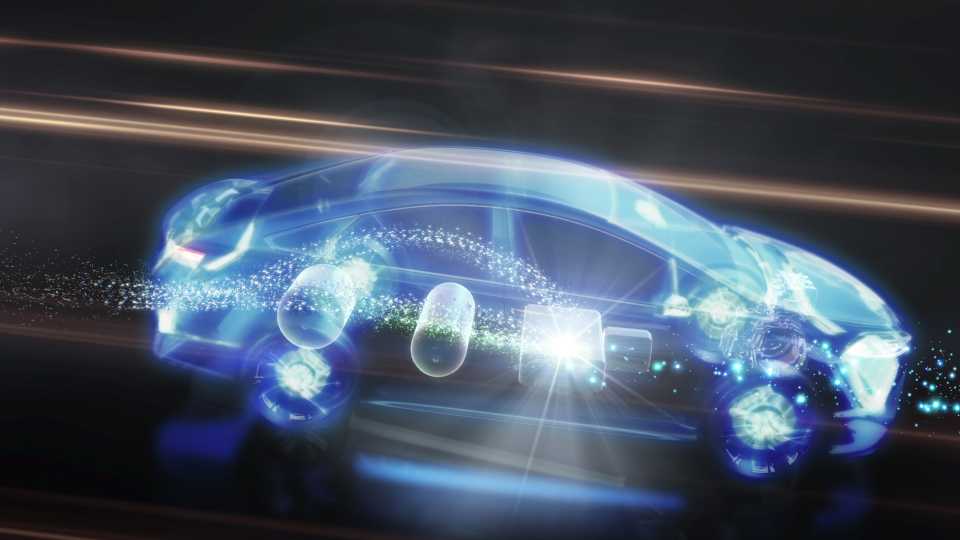Hydrogen could deliver 20 per cent of carbon reduction targets by 2050

The Hydrogen Council has revealed its first study into the role hydrogen plays in future energy transition.
The report revealed that hydrogen could account for almost one-fifth of total final energy consumed by 2050. This would reduce annual CO2 emissions by roughly 6 gigatons compared to today’s levels, and contribute roughly 20 per cent of the target required to limit global warming to two degrees Celsius.
The Hydrogen Council sees the potential for hydrogen to power about 10 to 15 million cars and 500,000 trucks by 2030. Other sectors will benefit too, such as industry processes and feedstocks, building heating and power, power generation and storage.
Overall, the study predicts that the annual demand for hydrogen could increase tenfold by 2050 to almost 80 EJ in 2050 meeting 18 per cent of total final energy demand in the 2050 two-degree scenario.
Takeshi Uchiyamada, Chairman of Toyota Motor Corporation and co-chair of the Hydrogen Council said: “Hydrogen is an indispensable resource to achieve this transition because it can be used to store and transport wind, solar and other renewable electricity to power transportation and many other things. The Hydrogen Council has identified seven roles for hydrogen, which is why we are encouraging governments and investors to give it a prominent role in their energy plans. The sooner we get the hydrogen economy going, the better, and we are all committed to making this a reality.”
Achieving such scale would require substantial investments; approximately US$20 to 25 billion annually for a total of about US$280 billion until 2030. Within the right regulatory framework – including long-term, stable coordination and incentive policies – the report considers that attracting these investments to scale the technology is feasible.
The study also shows that hydrogen has the potential to develop US $2.5tn of business, creating more than 30 million jobs by 2050.
The Hydrogen Council has 27 members including Toyota, Air Liquide, Audi, BMW, Daimler, Honda and Hyundai, and energy firms such as Shell and Total.



